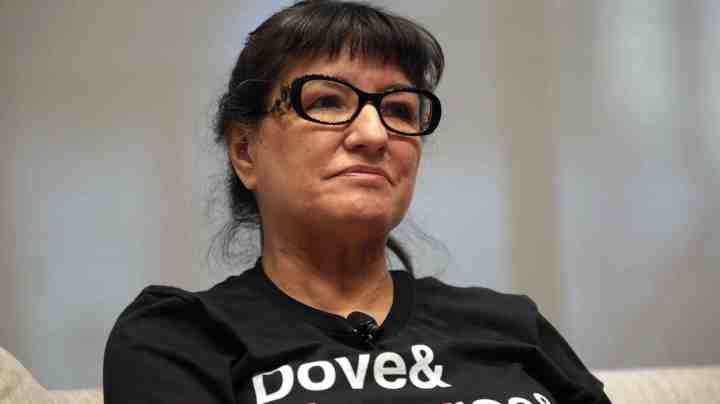Sandra Cisneros Calls Critics of Highly Controversial ‘American Dirt’ Novel “Exagerados”

Creative Commons "Sandra Cisneros” by Gage Skidmore is licensed under CC BY 2.0
While Jeanine Cummins’ novel American Dirt continues to stir controversy, Sandra Cisneros has reaffirmed her support for the book.
During an interview with Maria Hinojosa for the NPR podcast Latino USA that aired on Wednesday, the Mexican-American author reiterated early declarations that American Dirt is “the great novel of las Americas” and “the international story of our times.”
“I wanted to support it, I do support it and I do stand by it,” The House on Mango Street writer, who wrote a blurb for the book, told Hinojosa of the text.
The novel has come under fire in recent weeks for a series of issues. To start, early critics, including Myriam Gurba, a writer and author who wrote a critique of the novel last month and who Hinojosa also speaks with during the episode, take issue with the way American Dirt stereotypes Mexicans and creates trauma porn based on the lives and experiences of Latinos and Latin Americans to serve white readers.

In the interview, Cisneros called people who have accused the book and author of exploiting traumatic moments in an effort to generate buzz “exagerados.” Instead, she praised Cummins’ ability to turn issues about immigration and the border into a thriller that could change minds that Latino authors like her could not.
“It’s going to be [an audience] who maybe is undecided about issues at the border. It’s going to be someone who wants to be entertained, and the story is going to enter like a Trojan horse and change minds. And it’s going to change the minds that, perhaps, I can’t change,” Cisneros said, adding that she, Cummins and other immigration writers “are all together working side by side to raise consciousness about this issue.”
For other critics, the problem centers on identity and inequality in the publishing industry. They lament the fact that Cummins, a white woman with some distant Puerto Rican and Lebanese ancestry, shouldn’t be writing this story and, even more, shouldn’t have been given a seven-figure advance by a publishing house when Latino and Latin American authors can barely get in rooms with executives to sell stories about their own lived experiences.
While Cisneros responded to this argument by saying it “may be true” that writers of color, and Latinos in particular, aren’t given the lucrative book deals that Cummins received and that it’s more difficult for them to share narratives about experiences they understand firsthand, she said she remained an “optimist,” encouraging Latinos who don’t like American Dirt to draft their own stories or write poetry to understand their deeper feelings about the novel.
“I would invite people who don’t like it to please write your own. We can’t write everyone’s story. I can’t write everyone’s story. So I want other writers to be alongside me, whether their name is Jaquira Díaz or Jeanine Cummins. I want them alongside me, because I can’t tell everyone’s story,” she said.
Listen to the entire conversation, which also includes interviews with Gurba, Cummins and Mexican-American author Luis Alberto Urrea, at Latino USA.